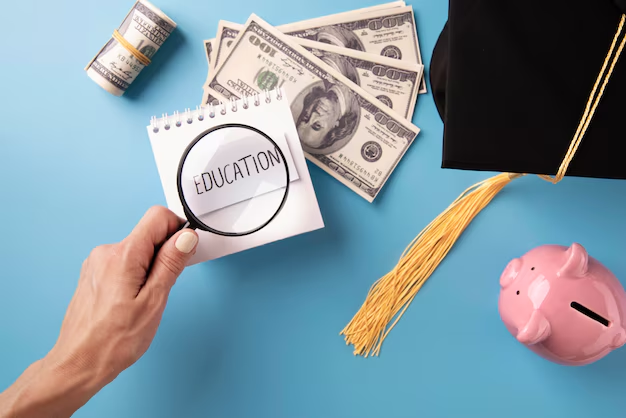Paying off student loans can feel overwhelming, but with a clear understanding of available plans, programs, and smart strategies, you can simplify the process and regain financial control. Whether you’re a recent graduate or someone still navigating repayment, this guide covers essential information to help you manage your student debt effectively.
Understanding Repayment Plans
1. Standard Repayment Plan
This plan involves fixed monthly payments over a 10-year term. While the payments may be higher than other plans, you’ll pay less interest overall and clear your debt faster.
2. Graduated Repayment Plan
Payments start low and increase every two years. This plan is ideal for borrowers expecting their income to grow steadily over time.
3. Income-Driven Repayment Plans (IDR)
IDR plans adjust monthly payments based on your income and family size. Common options include:
- Income-Based Repayment (IBR)
- Pay As You Earn (PAYE)
- Revised Pay As You Earn (REPAYE)
- Income-Contingent Repayment (ICR)
After 20-25 years of qualifying payments, any remaining balance may be forgiven, but it may be taxed as income.
4. Extended Repayment Plan
For borrowers with higher loan balances, this plan allows for up to 25 years of repayment with fixed or graduated payments, lowering monthly costs.
Loan Forgiveness Programs

1. Public Service Loan Forgiveness (PSLF)
Designed for borrowers working in public service or non-profit roles, PSLF forgives the remaining balance after 120 qualifying payments under a qualifying repayment plan.
2. Teacher Loan Forgiveness
Teachers in low-income schools or educational service agencies may qualify for forgiveness of up to $17,500 in federal loans.
3. State-Specific Forgiveness Programs
Many states offer loan forgiveness programs for residents working in high-need professions such as healthcare, education, or public safety.
Refinancing and Consolidation
1. Refinancing Student Loans
Private lenders may offer lower interest rates if you have good credit and a stable income. However, refinancing federal loans into private ones means losing access to federal benefits like income-driven repayment and forgiveness programs.
2. Loan Consolidation
Federal Direct Consolidation Loans combine multiple federal loans into one, simplifying payments. It doesn’t reduce interest rates but can extend the repayment term, lowering monthly payments.
Tips to Simplify Student Loan Repayment
- Create a Budget: Track your income and expenses to prioritize loan payments.
- Set Up Auto-Pay: Many lenders offer interest rate discounts for automatic payments.
- Pay Extra When Possible: Allocating extra funds to your loan’s principal can shorten repayment time and reduce interest.
- Explore Employer Assistance: Some employers offer student loan repayment assistance as part of their benefits.
- Stay Informed: Regularly review your loan statements and be aware of any changes in repayment terms or benefits.
Conclusion
Simplifying student loan repayment is about understanding your options and making informed decisions. With the right repayment plan, the possibility of loan forgiveness, and proactive financial habits, you can manage your debt efficiently. Remember, there’s no one-size-fits-all approach—choose the strategies that align with your financial goals and circumstances.
FAQs
1. What happens if I can’t afford my monthly loan payments?
Consider enrolling in an income-driven repayment plan or requesting a temporary deferment or forbearance from your lender.
2. Can I switch repayment plans later?
Yes, federal loans allow borrowers to change repayment plans at any time. However, switching may affect your overall loan term and interest costs.
3. How do I qualify for Public Service Loan Forgiveness?
You must work full-time for a qualifying employer, make 120 payments under a qualifying plan, and ensure your loans are federal Direct Loans.
4. Is refinancing my student loans a good idea?
Refinancing can be beneficial if you secure a lower interest rate, but it’s not ideal if you rely on federal loan protections like forgiveness or income-driven plans.
5. Can I make extra payments on my student loans?
Yes, you can make additional payments toward the principal without penalties. This strategy reduces the loan balance faster and saves on interest.


